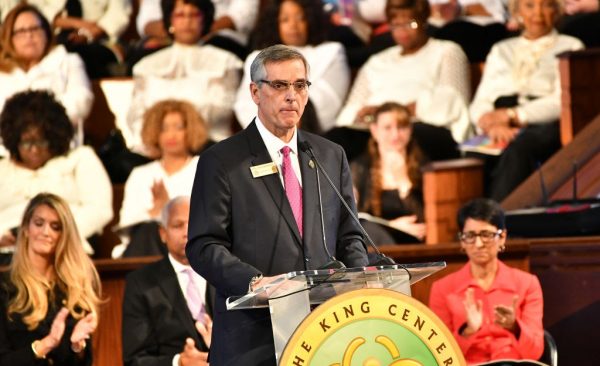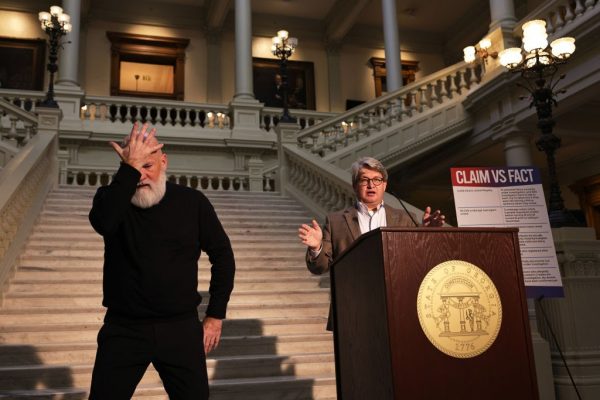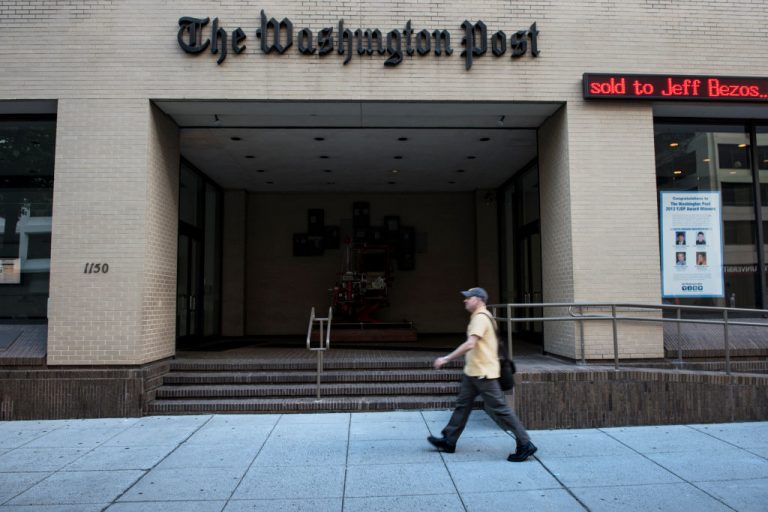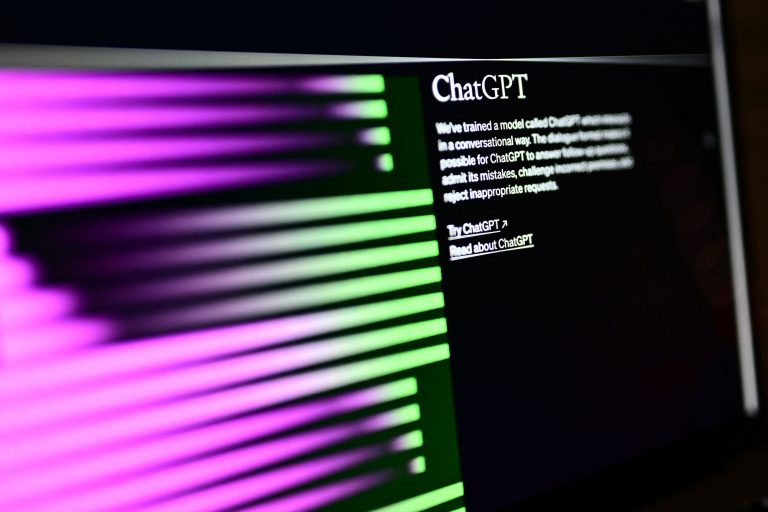Criticism of establishment media’s journalistic integrity is mounting after a Washington Post correction was issued for a story that the publication ran in early January, based on anonymous sources, about a call former President Donald Trump made to the Chief Investigator of Georgia’s Secretary of State’s office, Frances Watson on Dec. 23, 2020.
The story was published on Jan. 9, 2021, just 3 days after the Capitol riots and just 11 days before Joe Biden and Kamala Harris’s inauguration, tagged as a “WP Exclusive” and entitled “‘Find the Fraud’: Trump Pressured a Georgia Elections Investigator in a Separate Call Legal Experts Say Could Amount to Obstruction.”
The Post opened the story hotly, “President Trump urged Georgia’s lead elections investigator to ‘find the fraud’ in a lengthy December phone call, saying the official would be a ‘national hero,’ according to an individual familiar with the call who spoke on the condition of anonymity because of the sensitivity of the conversation.”
The cat was let out of the bag on March 11, when the Wall Street Journal revealed the Post’s source had gravely mischaracterized Trump’s words. The full audio released of the call between Trump and Watson reveals that what Trump actually said was that Watson would be “praised” when “the right answer comes out,” as the president insisted “something bad happened” with the election in the state.
Donald Trump was the first Republican to lose a presidential election in Georgia since 1992, with Joe Biden winning by a slim margin of slightly less than 12,000 votes. The state became the main focus of attention for Trump’s allegations that several key swing states, including Georgia, were lost because of election fraud.
Success
You are now signed up for our newsletter
Success
Check your email to complete sign up
“If you can get to [Fulton County, Georgia], you’re going to find things that are going to be unbelievable… the dishonesty,” said Trump.
Watson said in response, “I can assure you that our team and the [Georgia Bureau of Investigation], that we are only interested in the truth and finding the information that is based on the facts,” adding she was honored the President had taken the time to call her.
Trump said during his conversation that he made the call at the suggestion of Chief of Staff Mark Meadows, “Mark asked me to do it. He thinks you’re great. You have the most important job in the country right now,” the president said.
In the original article, the Post said Georgia Secretary of State Brad Raffensperger had personally confirmed “Trump had placed the Dec. 23 call. [Raffensperger] said he was not familiar with the specifics of what the president said in the conversation with his chief investigator, but said it was inappropriate for Trump to have tried to intervene in the case.”
The Washington Post’s correction said, “The recording revealed that The Post misquoted Trump’s comments on the call, based on information provided by a source. Trump did not tell the investigator to ‘find the fraud’ or say she would be ‘a national hero’ if she did so. Instead, Trump urged the investigator to scrutinize ballots in Fulton County, Ga., asserting she would find ‘dishonesty’ there. He also told her that she had ‘the most important job in the country right now.’”
According to a CNN article, Raffensperger’s office “originally told CNN that they did not think audio of the call existed” but located it in a trash folder on Watson’s phone after handling a public records request.

CNN issued their own correction to an article they published on the story entitled “Trump Pressured Georgia Elections Investigator to Search for Dishonesty in the 2020 Ballots,” which said, “An earlier version of this story, published January 9, presented paraphrasing of the President’s comments to the Georgia elections investigator as direct quotes. The story has been updated following the discovery of an audio recording of the call.”
In an interview with Atlanta’s WSB-TV2 on March 11, Watson said Trump’s call was “Something that is not expected, and as I mentioned in the call, I was shocked that he would take the time to do that.” Watson also said she did not perceive Trump’s call as pressuring her to take any specific action.
The original Washington Post article said, “The Post is withholding the name of the investigator, who did not respond to repeated requests for comment, because of the risk of threats and harassment directed at election officials.”
Washington Post correction not alone
Becket Adams, a writer for the Washington Examiner, said the real issue isn’t so much the Post’s faux pas of journalistic standards, but that multiple other mainstream media outlets claimed to have independently verified the anonymous source’s comments at the time the articles were run:
“It’s one thing if a single news outlet publishes a fraudulent anonymously sourced ‘scoop,’” he said.
But “it’s another thing entirely if multiple newsrooms claim to have independently ‘confirmed’ the fraudulent ‘scoop’ with anonymous sources of their own.”

“It’s unrealistic so many sources would be wrong about the same thing. It’s more likely competing news outlets spoke with the same anonymous individual or individuals, which leads to uncomfortable questions about whether the media were merely fed bad information or were intentionally manipulated,” said Adams.
Adams noted that NBC News, USA Today, ABC News, PBS NewsHour, and CNN had all claimed that they had personally confirmed the story, “The sources either were terribly mistaken or lying,” he said.
“This is exactly what we warned about during the Trump years when the press dropped all hesitation and standards regarding the usage of anonymous sources. We warned it would lead to the publication of dubious or flat-out false allegations that are all but impossible to verify. We warned competing newsrooms would feel inclined to ‘confirm’ the anonymously made allegations anyway with their own nameless sources.”
“We warned if even one widely ‘confirmed’ report based on anonymous sources turned to be false, it would lead only to the further erosion of trust in the news industry,” said Adams.
Follow us on Twitter or subscribe to our weekly email
















